"Wangu Japanese Food" entrepreneurial story
A few days ago, I saw a friend write an article about a Japanese restaurant chain in Kansai that she visited three times a week in Taiwan, and I was surprised that this restaurant had already expanded its territory in Taiwan a few years ago. Because it is difficult to leave Japan for overseas exhibitions in such high-end traditions and foods. The elements of a high-end restaurant are not only the uniqueness of the food itself, but also the decoration of the restaurant, the quality of service, and other hardware and software that must be of a certain level or above. " Wangu Japanese Food " often chooses Japanese-style ancient buildings with historical traces when opening branches in Japan, and with their cuisine, it can create a more advanced atmosphere. One of them happens to be located near my house, and I usually choose their house to entertain when I need to entertain important guests.
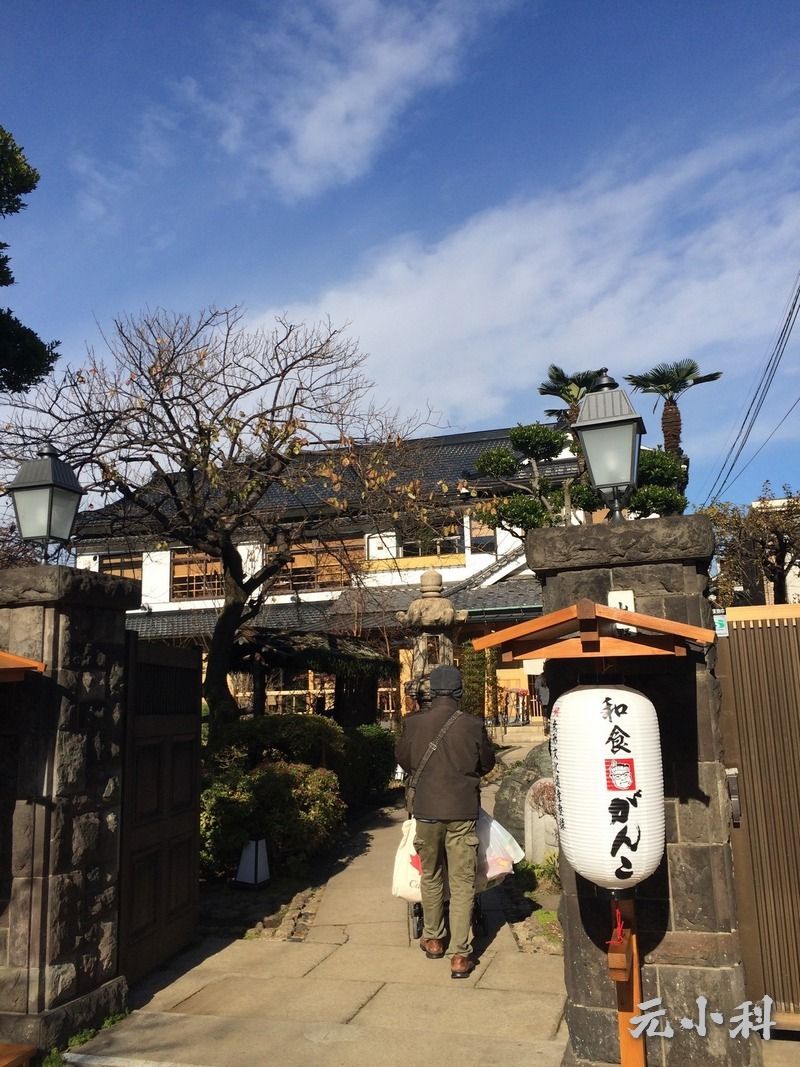
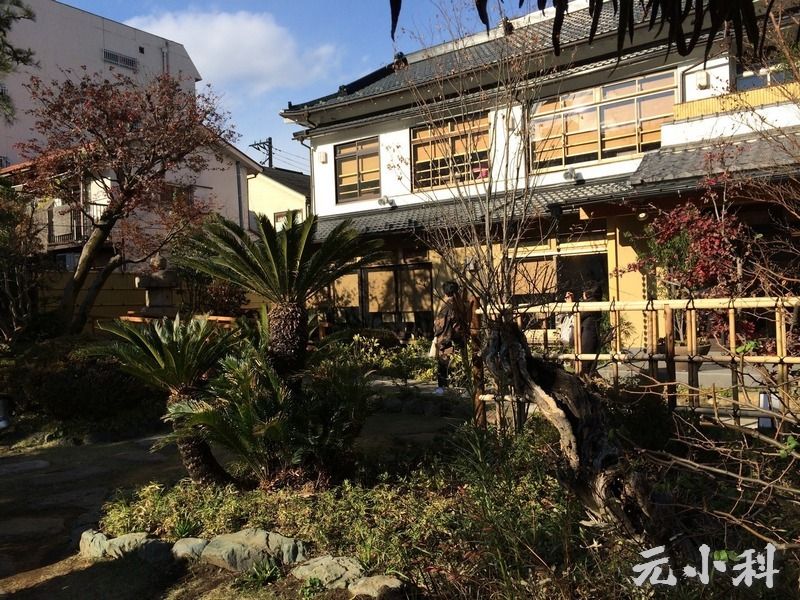
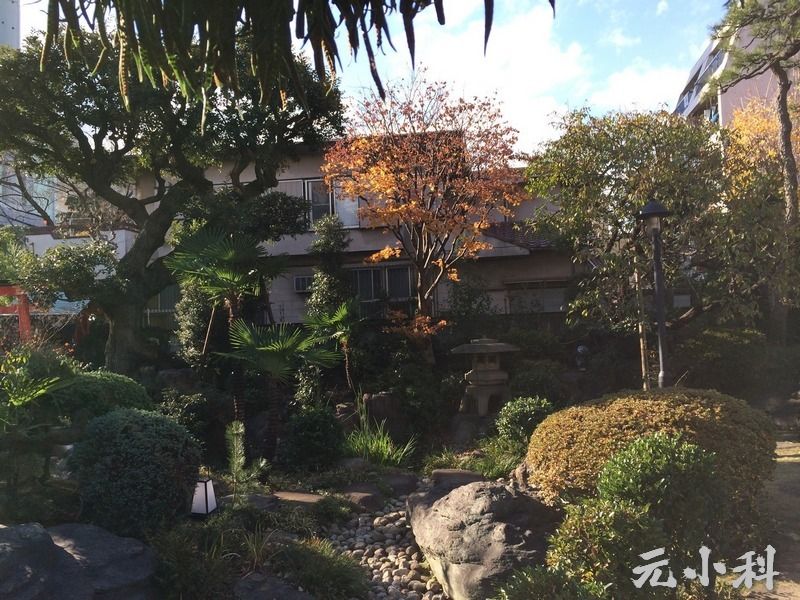
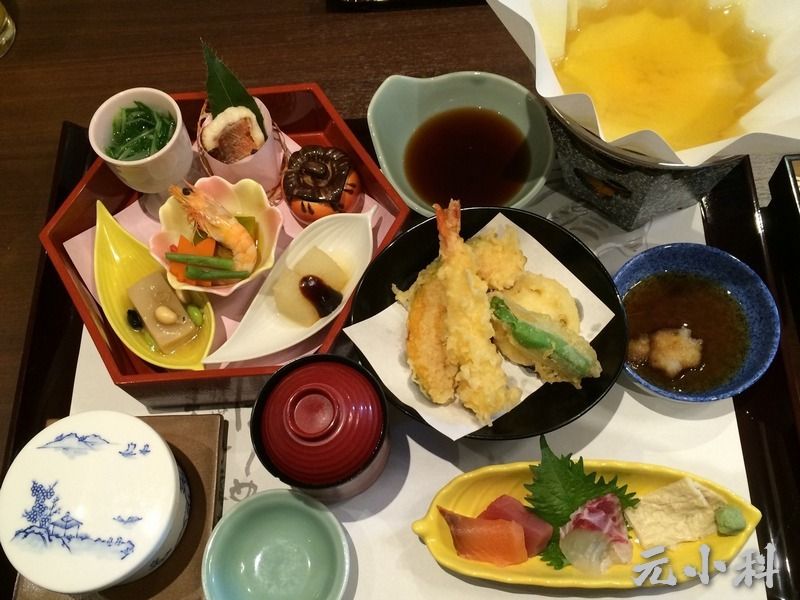
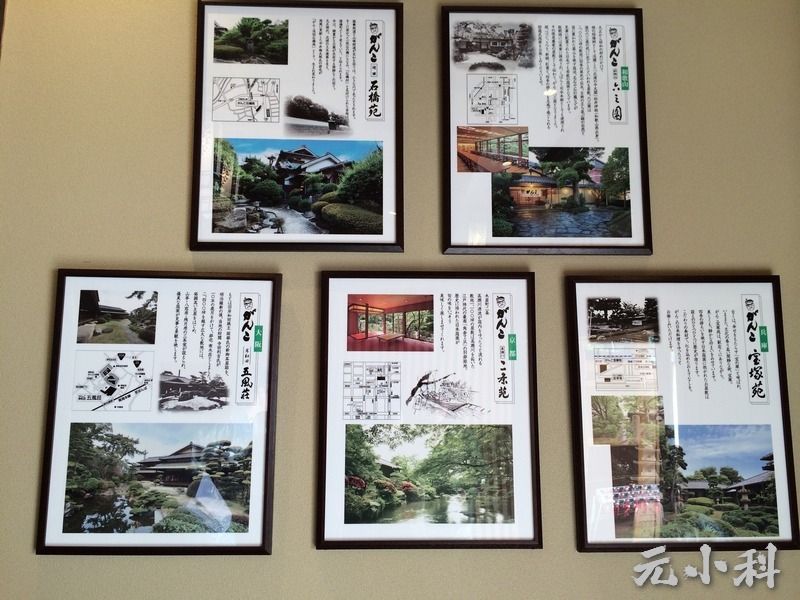
The founder of the high-end Japanese restaurant with nearly 100 branches now has an extraordinary experience. The portrait on the signboard of the current "Wangu Japanese Food" is said to be the appearance of the first president Junji Kojima when he was young. The following introduces his entrepreneurial experience.
In 1963, he started his legendary story at a 4-ping half sushi restaurant in Jujuhonmachi, Yodogawa-ku, Kansai, Japan. As a sushi chef, he opened his own shop for only 2 years, and immediately opened a large complex sushi and Japanese restaurant with more than 100 seats. At that time, his colleagues said that his restaurant must not last long, because he reformed the pricing method of sushi restaurants at that time.
Before his reform, the pricing practice of sushi restaurants at that time was to change the price, because the prices of the ingredients purchased at different times were quite different. Atsushi Kojima fixed his price. No matter when customers come to the store, as long as the same ingredients are at the same price, it is a consumption habit that everyone is accustomed to today, but such a habit did not exist before the 1960s.
By the way, now only some high-end ingredients in high-end restaurants still retain the ancient pricing method [Shiki (じか)]. When you see these two Chinese characters, it is best to ask the store before deciding whether to order this dish. dishes, otherwise it is possible that the cash you carry will not be enough to pay. XD
In addition, he also opened the central kitchen 50 years ago, thereby accelerating the expansion of the high-end Japanese restaurant chain. Next, he also actively participated in various economic groups in the Kansai region, and served as a representative of each group. Most of the representative presidents of these economic groups come from people from the financial industry and manufacturing industry, and it can be said that people from the restaurant industry like President Kojima are extremely rare. In his later years, he was successively awarded various medals by the government for his contribution to the promotion of the development of the catering industry.
The biggest feature of "Wangu Japanese Food" in Japan is that many branches use quiet and elegant traditional Japanese-style buildings as restaurants, and are also equipped with elegant garden landscaping, small bridges and flowing water, bringing people a sense of peace and tranquility. See photos of each branch, taken from the official website.
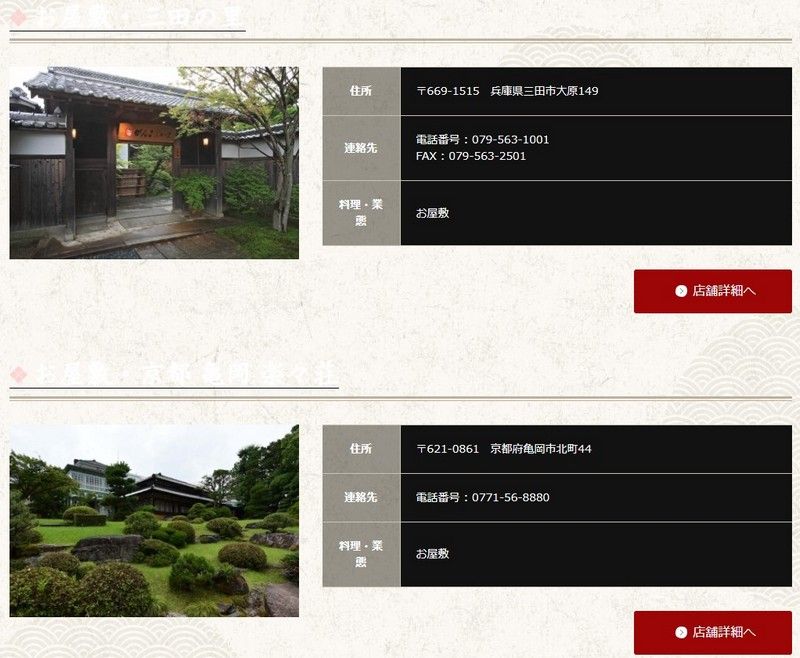
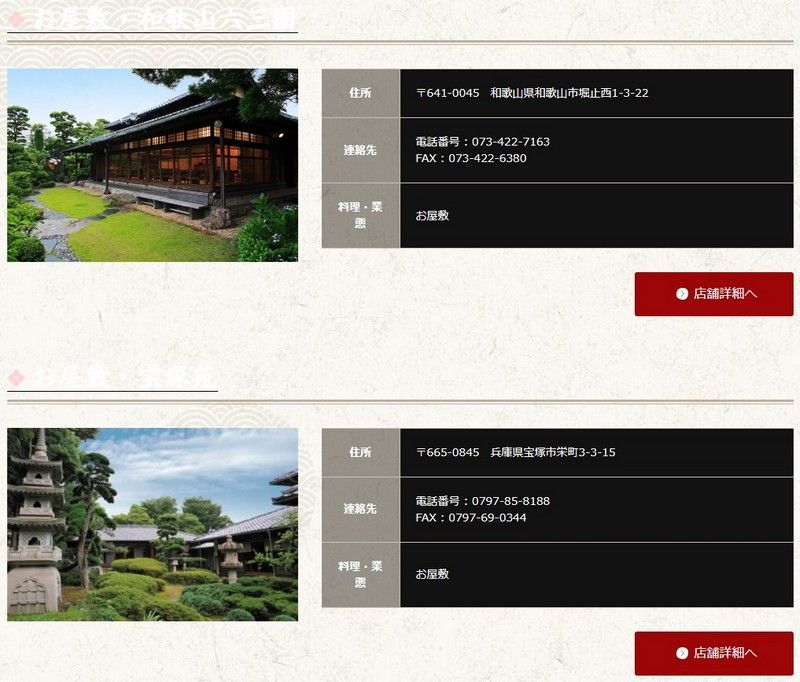
During the epidemic, "Guangu Heshi" was also inevitably affected. Passing by their house at noon, the sound of selling bento can be heard. For a high-end restaurant, this is a very dishonoring behavior, but it can also see the difficulty of their situation. I hope not only them, but everyone can get through the epidemic situation safely.
PS. The name of "Wangu Washoku" is not used in Japan. It only uses the pseudonym "がんこ", which originally means "stubborn". It is said to be the nickname of the founder when he was a student. can also be seen in the process.
2022/01/09 posted.
Like my work? Don't forget to support and clap, let me know that you are with me on the road of creation. Keep this enthusiasm together!

- Author
- More